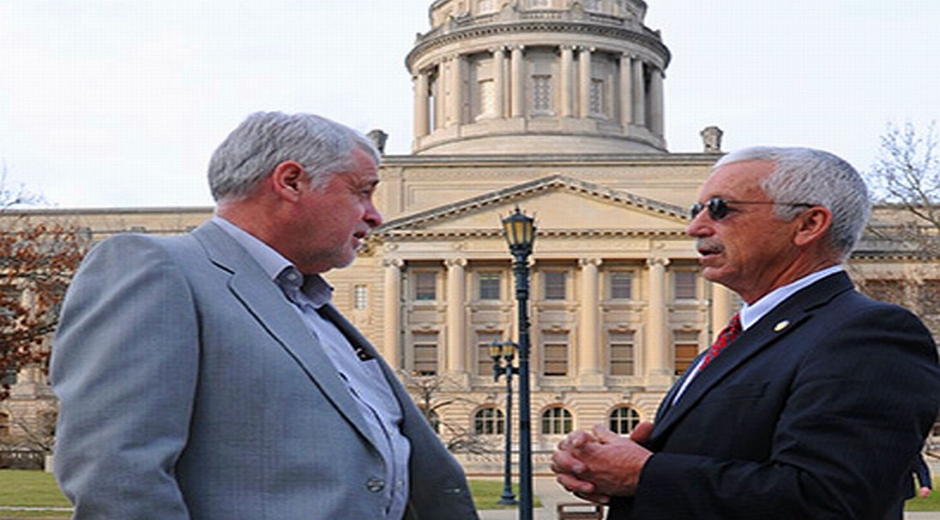
Week Seven Of The General Assembly

Thomas McAdam
iLocalNews Louisville is your best source of news and information about Derby City.
- Professional Journalist
As the 2016 General Assembly reached its midpoint last week, a school accountability measure was approved by the Senate and legislation that could impact university construction advanced in the House of Representatives.
Senate Bill 1 – a designation that indicates a bill’s importance to Senate leadership – was approved on Wednesday in the Senate chamber. The legislation seeks changes in education practices and accountability standards in Kentucky’s public schools.
It does this by outlining a process to review what students are taught and how they’re tested on key subjects like English, math and science.
Senators approved the legislation on a 25-12 vote. The bill has been sent the House for further consideration.
In the House, lawmakers approved a bill on Tuesday that would allow state colleges and universities to move forward with capital building projects even if the projects aren’t included in the state budget.
Under House Bill 265, the projects could still progress if funded by restricted, agency, federal or private money and approved by both the school’s governing board and the Council on Postsecondary Education. The bill passed the House by a 93-0 vote and has been sent to the Senate.
So far this year, the House passed 61 bills, sending them to the Senate for consideration. The Senate, in turn, has passed 52 bills and advanced them to the House.
During the past week, that traffic continued as bills navigated the legislative process, including:
Marriage license forms: Senate Bill 5, which would create two different marriage license forms for couples to choose from, was approved by the Senate and delivered to the House on Thursday. Under the proposal, one version of the marriage license form would identify the couple seeking the license as “bride” and “groom.” The other would be gender neutral.
Synthetic drugs: Senate Bill 136, which would enhance penalties for trafficking synthetic drugs in addition to prohibiting three drugs not currently addressed by law, passed a floor vote on Thursday and is headed to the House for consideration.
Teacher “planning time”: On Wednesday, the House passed a bill that would require that public school teachers be given at least 60 minutes per school day for lesson planning and other “nonteaching” activities. House Bill 107 also stipulates that full-time teachers get 120 minutes a week for other, “self-directed” activities like professional development or outreach. The bill passed by a 77-17 vote, and was sent to the Senate.
Booking photo bill: The House passed House Bill 132 on Thursday, which would make it illegal to post booking photos to a website or include them in a publication then require payment to remove the photos from public view. The bill has been sent to the Senate for consideration.
Midwives: The Senate Committee on Health and Welfare moved to create a licensing board for midwives on Wednesday. Senate Bill 85 was approved by the committee. Sen. Tom Buford, R-Nicholasville, said he was introducing the bill to help make sure that parents who choose at-home births have access to qualified care providers. The bill now heads to the full Senate for consideration.
Photo: Rep. Tommy Turner, R-Somerset (left), confers with Sen. Paul Hornback, R-Shelbyville, outside the Kentucky Capitol.
(Robert Weber, of the Kentucky Legislative Research Commission contributed to this article)

Gideon John Tucker (February 10, 1826 – July 1899) was an American lawyer, newspaper editor and politician. In 1866, as Surrogate of New York, he wrote in a decision of a will case (Final Accounting in the Estate of A.B., 1 Tucker 248, N.Y. Surr. 1866): "No man's life, liberty or property are safe while the Legislature is in session."